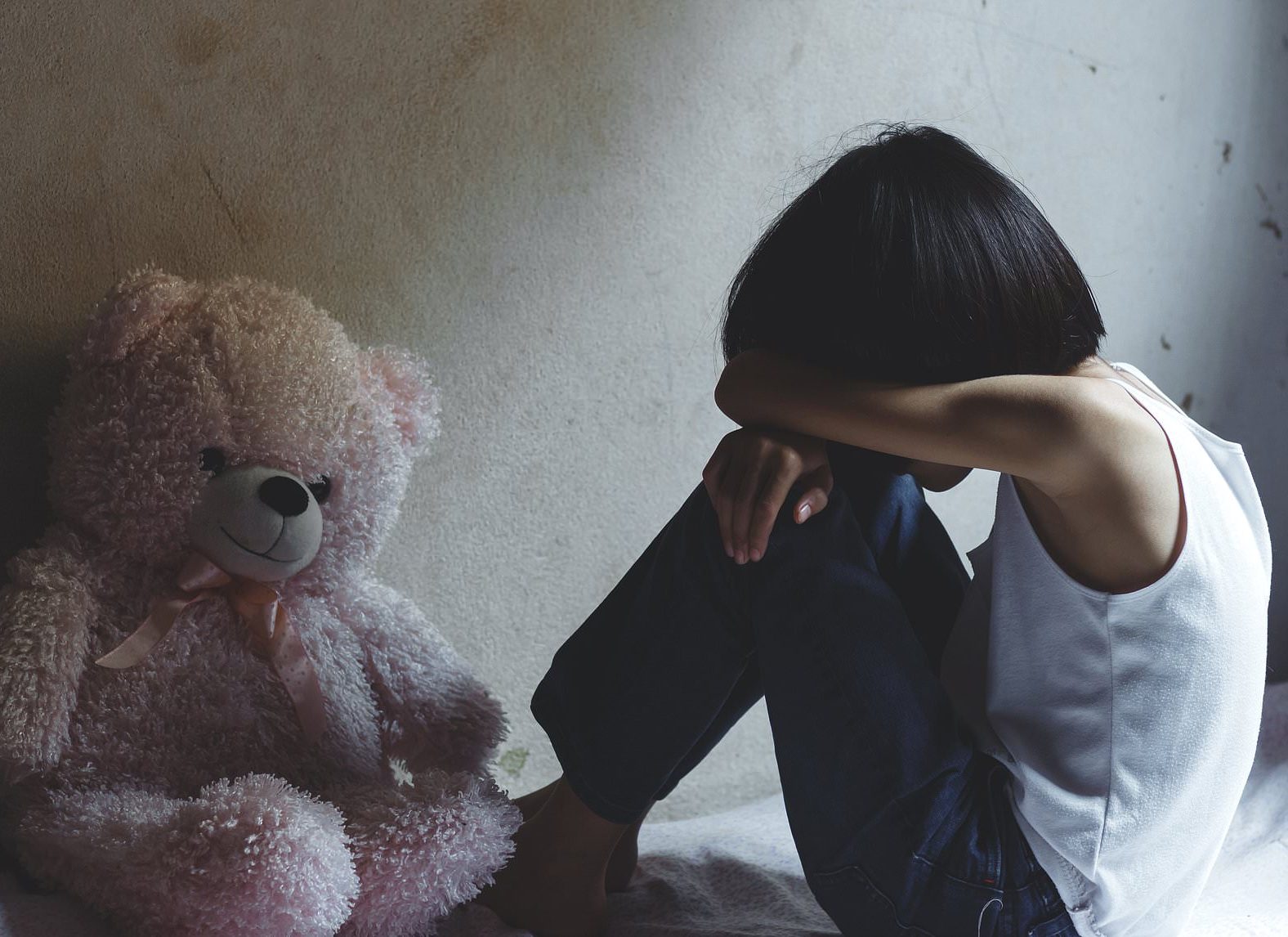In the world which is changing very frequently; how will you protect your child from danger like sexual abuse? The first step to protect your child from risk is to know the risk. As example, parents teach kids about danger from strangers but most of the cases of sexual abuse is perpetuated by someone whom the child knows & trusts like; uncle, coach, neighbour, cousin or babysitter.
Parents might think my child is very small to understand this or what should be the ideal time to tell kids about this risk? The prevention begins with how we talk with our children about their bodies from infancy on. Here are some basic tips to guide you in educating your child to prevent sexual abuse.
Teach children the correct terms for their body parts as soon as they can talk. If a child is touched inappropriately, they need to be able to clearly communicate to you or anyone else in authority about what happened.
Teach your child that the parts that go under a swimsuit are called their ‘private parts. No one touches their private parts except their parents, or a doctor if the parent is present. They should also not touch anyone else’s private parts.
Teach your child that if someone asks to see or touch their private parts or shows your child their private parts, they must tell you or another trusted adult immediately. No matters who the person was.
• Ask your child questions to help them mentally rehearse the possible scenarios:
• “What would you do if someone touched you on your _?”
• “Why is it important to tell?
• “Who would you tell?”
• “What would you do if the person said it was ‘our secret’?”
Put this rule of “No Secrets” into practice : If someone, even a grandparent, says something to your child like, “I’ll get you an ice cream later, but it will be our secret,” firmly but politely say, “We don’t do secrets in our family.”
Encourage your children to share you about things that happen to them that make them feel scared, sad or uncomfortable during the day. If children have an open line of communication, they will be more inclined to alert you to something inappropriate early on.
Never force your child to hug anyone, even relatives
Don’t leave your child with anyone, even with any of your relative, unless you completely trust them.
If something doesn’t feel right, the child should get away as soon as possible and tell you about it. Teach them that it is okay to question, disobey, and even run away from someone whose behaviour is making her acutely uncomfortable.

